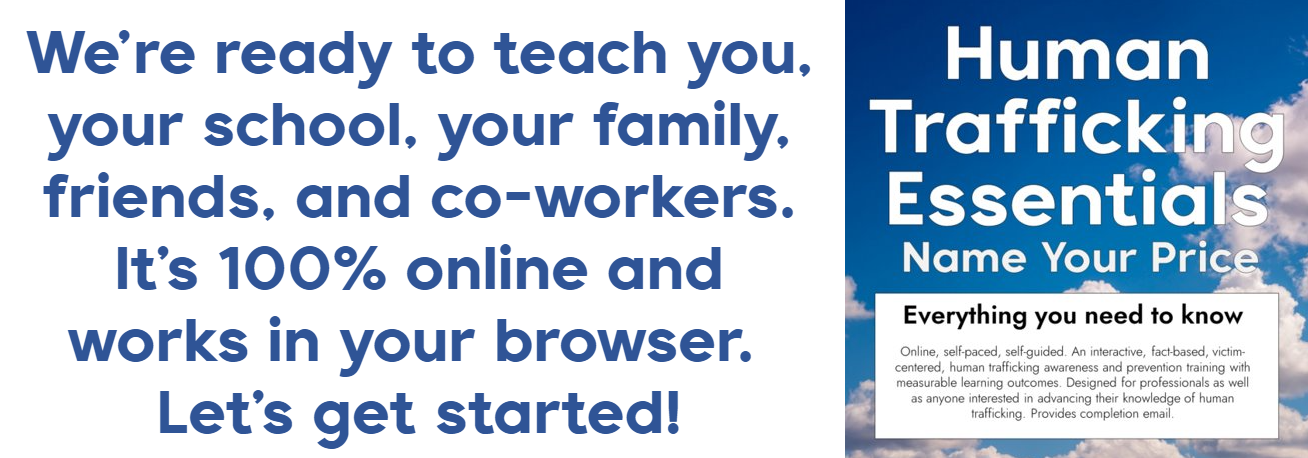Human-trafficking film ‘Sound of Freedom’ trashed by liberal outlets as ‘QAnon-adjacent’
Editor's note: this is a look at how American media culture is relating to the movie.
Multiple liberal outlets have trashed the new film “Sound of Freedom” as “QAnon-adjacent” and “fit for QAnon” in recent days, descriptions that relegate the film about human trafficking to fodder for conspiracy theorists.
Both U.K. publication The Guardian and website Jezebel claimed that the film starring Jim Caviezel, which was based on the true story of a U.S. Homeland Security agent rescuing two young children from human traffickers in South America, was attached to QAnon, a right-wing community that has been accused of buying into fringe conspiracy theories.
Although the film, produced by Angel Studios and released over the July 4 holiday, never engages in such conspiracy theories while exposing the underbelly of the real underground sex slave trade, both outlets linked the film to fringe right-wing extremists in an attempt to discredit it and its box-office success.
OHIO HUMAN TRAFFICKING STING NABS 10 MEN INCLUDING TEACHER

The Guardian did not pull any punches in its review of the film. Its headline read, “Sound of Freedom: the QAnon-adjacent thriller seducing America” and the piece itself began by trying to rationalize why the film wasn't as successful over the holiday as it was portrayed in the media, and then detailed its link to the conspiracy world.
It stated, “But for a fleeting moment this past Fourth of July, while the intended audience of Indy's latest outing was presumably spending time with their families and friends at barbecues or in other social situations, an unoccupied fandom rallied by the star Jim Caviezel claimed the day with a $14.2m gross versus Dial of Destiny's $11.7m.”
The Guardian trashed the notion that this was a box office success, stating, “No matter that these figures require selective, almost willfully misleading framing to allow for the David-and-Goliath narrative trumpeted by supporters; as the copious tweets accusing Disney of being in cahoots with a global cabal of high-power pedophiles make clear, the truth doesn't have too much purchase around these parts.”
The author of the piece noted that the film doesn't head into conspiracy territory, but only because the film supposedly “takes care to be the most anodyne version of itself, all while giving those in the know just enough to latch onto.”
The author continued, “The trafficking follows no motivation more elaborate than the servicing of rich predators, eliding all talk of body-part black markets and the precious organic biochemical of adrenochrome harvested as a Satanic key to eternal life. The first rule of QAnon: you don't talk about QAnon where the normals can hear you.”
They also described the film as a “Crisis pregnancy center” in the way it gets “persuadables” to believe in its subject matter by giving them a more palatable version, echoing liberal claims that crisis pregnancy clinics propagandize against abortion.
The author wrote, “These zestier strains of scaremongering are absent in the text itself, but they lurk in the shadows around a film outwardly non-insane enough to lure in the persuadable; the disappointingly un-juicy Sound of Freedom pretends to be a real movie, like a ‘pregnancy crisis center' masquerading as a bona fide health clinic.”

Jezebel's piece on the film called it “an Anti-Child Trafficking Fantasy Fit for QAnon” and claimed, “At last, QAnon's camp appeal gets the cinematic exploration it demands.”
Granted the article did acknowledge that “The exploitation of children is a real problem that no one (besides the exploiters) wants.” It added that the real-life Tim Ballard, the DHS agent played by Caviezel, “has testified at a House Foreign Affairs Subcommittee and shared footage of the sting operation portrayed in Sound of Freedom with the media (some of that footage also plays during the final moments of the movie).”
Like The Guardian, Jezebel made the QAnon link through associations outside the film, such as through some of Caviezel's alleged beliefs he has espoused on media tours. The piece asked, “And really, how distant can Ballard (and by extension his organization) be from QAnon when the guy who's playing him, with whom he's been promoting Sound of Freedom, has been using the press opportunity to peddle QAnon theories about adrenochrome and organ harvesting?”
It provided an example, stating, “In an interview with Steve Bannon from earlier this month, Caviezel went on at length about ‘the whole adrenochrome empire' as driving demand for trafficking. Though Caviezel didn't direct Freedom, he's treating it as a passion project, appearing in its trailer to speak directly to the camera about its importance.”
Like the Guardian article, Jezebel's hit accused the movie of being more palatable than right-wing conspiracy theories as a way to get normal viewers initiated with fringe subject matter.
Mentioning Caviezel's post-credits message about the reality of human trafficking, the piece added, “But of course, this is tailored to go down easy. That's how propaganda works, and Caviezel's shameless begging at the end of the movie underlines a desperation to disseminate.”
“Sound of Freedom” producer Eduardo Verastegui recently spoke to Fox News about the Guardian's piece, claiming it's part of “a lot of distractions out there” trying to get the public's attention off the film. He claimed, “They're trying to take this movie away from theaters.”
Gabriel Hays is an associate editor for Fox News Digital.
This “Eyes on Trafficking” story is reprinted from its original online location.
Fair Use Notice: The PBJ Learning Knowledge Vault is dedicated to advancing understanding of various social justice issues, including human trafficking and related topics. Some of the material presented on this website may contain copyrighted material, the use of which has not always been specifically authorized by the copyright owner. We are making such material available in our efforts to promote education and awareness of these important issues. There is no other central database we are aware of, so we put this together for both historical and research purposes. Articles are categorized and tagged for ease of use. We believe that this constitutes a ‘fair use' of any such copyrighted material as provided for in section 107 of the US Copyright Law. In accordance with Title 17 U.S.C. Section 107, the material on this site is distributed without profit to those who have expressed a prior interest in receiving the included information for research and educational purposes. For more information on fair use, please visit: “17 U.S. Code § 107 – Limitations on exclusive rights” on Cornell Law School's Legal Information Institute.
 ABOUT PBJ LEARNING
ABOUT PBJ LEARNING
PBJ Learning is a leading provider of online human trafficking training, focusing on awareness and prevention education. Their interactive Human Trafficking Essentials online course is used worldwide to educate professionals and individuals how to recognize human trafficking and how to respond to potential victims. Learn on any web browser (even your mobile phone) at any time.
More stories like this can be found in your PBJ Learning Knowledge Vault.
EYES ON TRAFFICKING
This “Eyes on Trafficking” story is reprinted from its original online location.
ABOUT PBJ LEARNING
PBJ Learning is a leading provider of online human trafficking training, focusing on awareness and prevention education. Their interactive Human Trafficking Essentials online course is used worldwide to educate professionals and individuals how to recognize human trafficking and how to respond to potential victims. Learn on any web browser (even your mobile phone) at any time.
More stories like this can be found in your PBJ Learning Knowledge Vault.

